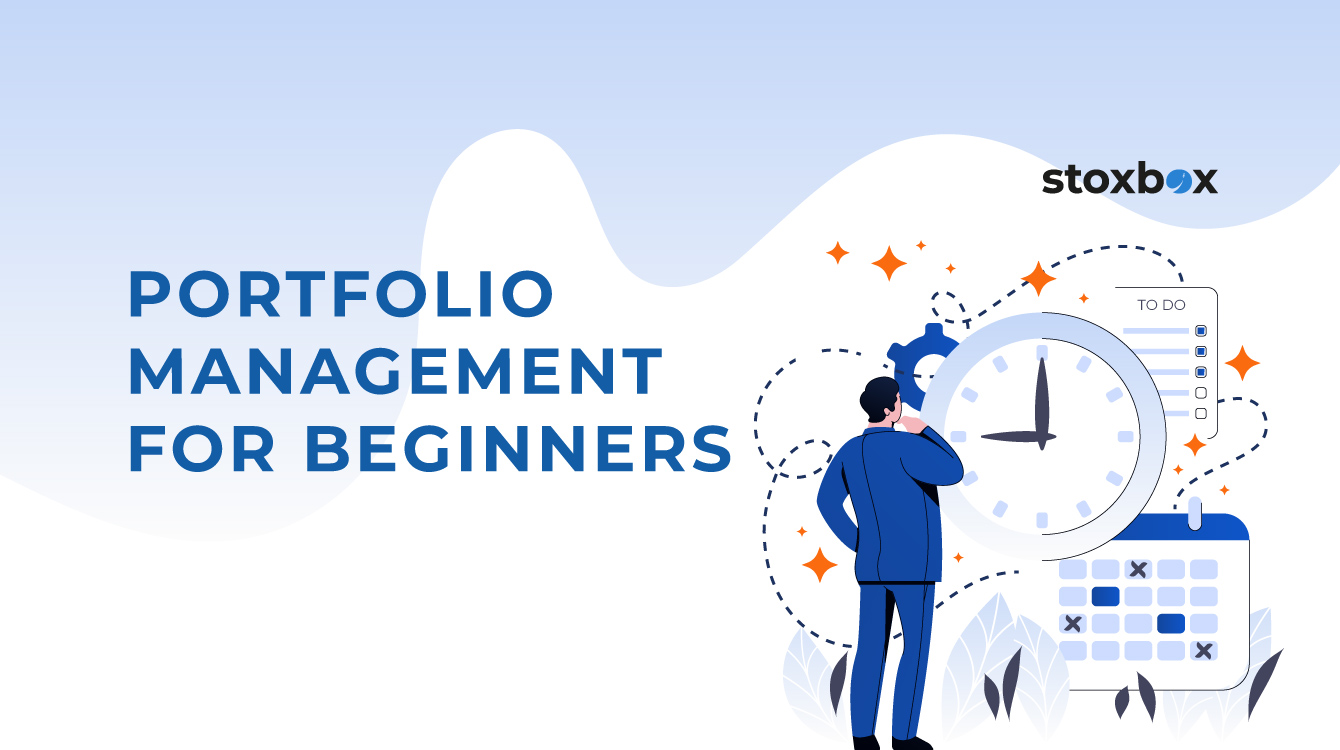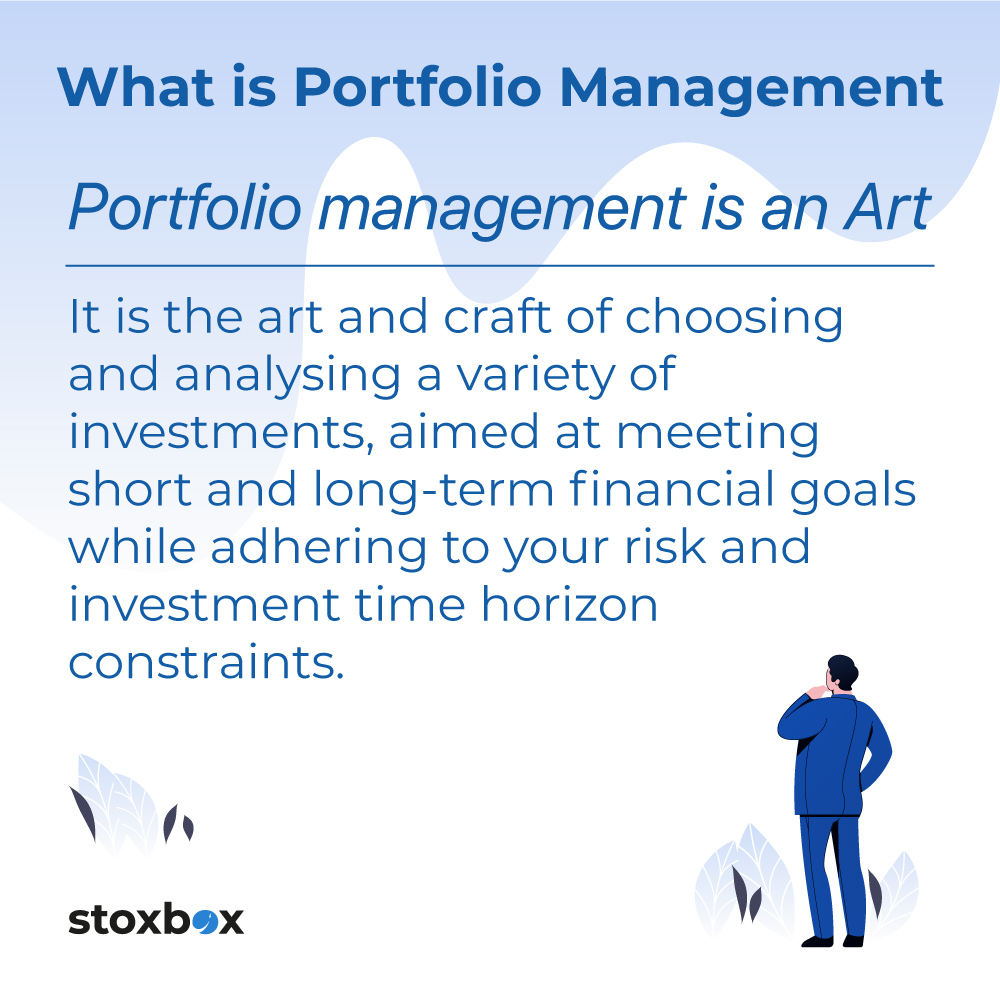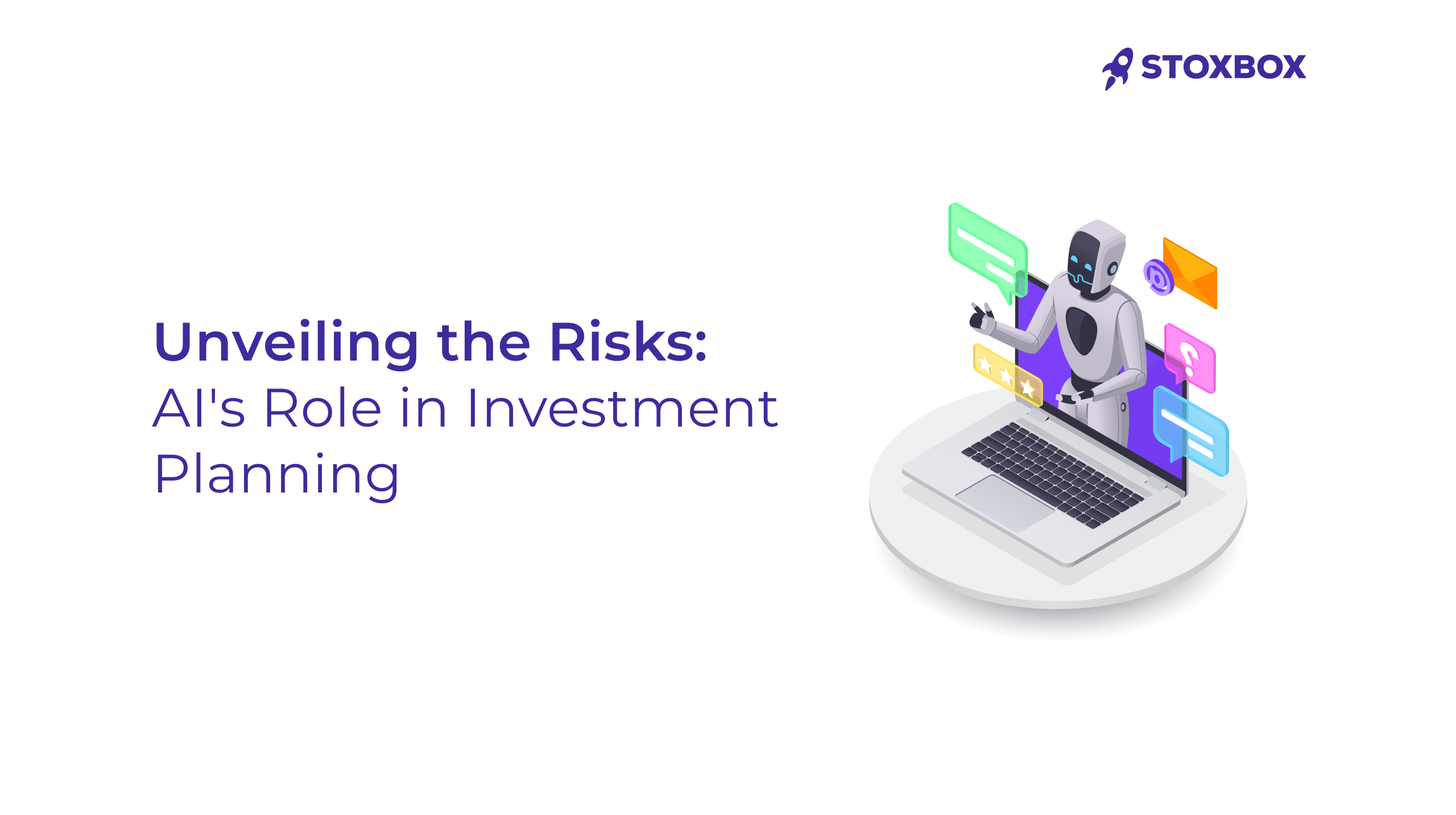Portfolio Management for Beginners
Fresh out of an MBA in Human Resource Management, Anjali has joined a consultation firm which has promised her a quick track to success. Full of enthusiasm and all of 24 years old, she has moved to Mumbai, the city of dreams and the financial centre of the country. In her finance classes she heard terms like portfolio management and analysis of portfolio and decided to consider it closely once she began working. After all, as the elder daughter of government employees, she wanted to start securing her future as early as possible. As a first step, she decided to begin with an investment in an equity mutual fund. She understood that equities are good investments for long-term growth and wanted to reap the benefit. However, a few months down the line, the stock markets started falling. With falling markets, the value of her portfolio also started falling and there was no cushion to reduce the impact of this fall. This is when she realised that investments cannot be made in silos. Instead, in order to really achieve her financial goals and secure her future, she must focus on portfolio management and diversification. You see, she had been paying attention in her MBA classes and knew better than to put all her eggs in one basket.
What is portfolio management?
What exactly is the meaning of this term which could make or break your saving plan? Portfolio management is an art – it is the art and craft of choosing and analysing a variety of investments, aimed at meeting short and long-term financial goals while adhering to your risk and investment time horizon constraints. While undertaking portfolio management, you need to consider a variety of aspects from your investment time frame, your objectives and return expectations to the amount of risk you are willing to tolerate. There are two common approaches to portfolio management. Your portfolio can either be managed actively, wherein you keep an active eye on the market proceedings and decide accordingly, or passively, where you only mimic the composition of an index or underlying basket of securities and sit tight. The bottom line is that optimal portfolio management can put you on track to a safe nest egg and a financially secure future.
Importance of portfolio management
Investment analysis and portfolio management is imperative if you wish to accumulate and grow wealth over the longer term. Unless you have a defined plan of action in mind, it would be difficult to bear the vagaries of the market and stick around for the longer term. Many of us end up losing money only because we don’t have adequate portfolio diversification or we fail to undertake security analysis and portfolio management. To make sure that you do not make a grave mistake, let us consider the five things Anjali, as a beginner, can focus on:
- Optimal asset allocation: When you eye an SIP or a lumpsum investment, you must first ascertain what asset allocation works best for you. If you are young and have a longer-term goal, you can consider taking higher risks as you have the benefit of time to bear market volatility and recover from intermittent losses. Equities can potentially offer higher returns but are also subject to higher risk. So, your optimal asset allocation should be based on your age, salary situation, risk profile, and financial goal.
- Diversification: As Anjali’s professor said, do not put all your eggs in one basket. Diversification ensures that your portfolio does not suffer major losses even if one asset class drops. For instance, if you invest in both stocks and gold, you will notice that gold tends to rise in value when stocks fall, as it is considered a safe asset and has little to zero correlation with equities.
- Rebalancing: You may have chosen an appropriate plan, but, as with everything in life, you also need to keep revisiting your portfolio and rebalancing it in line with market fluctuations to make the most of the cycles and trends. Portfolio management services can help you in this regard by taking the burden off you.
- Minimise expenses: When you consider portfolio management services, work towards minimising the underlying fee as it eats into your investment and ends up cutting into your profit margins.
- Be patient: Finally, remember that portfolio management is a long and slow journey and the longer you stick around, the greater your profits. Stay patient and remain invested through thick and thin to create a nest egg which will keep you in good stead once you plan to retire.
Keeping the above in mind, Anjali understood that there is great merit in portfolio management and it is not just a concept that she learnt in MBA school. Now that there is no doubt about the importance of portfolio management, let us get down to it and build a portfolio we can be proud of. After all, we do it for our social media profiles regularly! As a beginner, Anjali can seek the help of a financial advisor for portfolio management or she can also invest in curated portfolios like Wealth Baskets that can help her diversify her portfolio and achieve long-term growth. With this, she no longer needs to get overly worried every time the equity market falls.
You might also Like.
Unveiling the Risks: AI’s Role in Investment Planning
In today’s fast-changing finance world, Artificial Intelligence (AI) has become...
Decoding the Stock Market Rally: A Global Perspective on India’s Bull Run
The global stock market has been on a thrilling roller...




